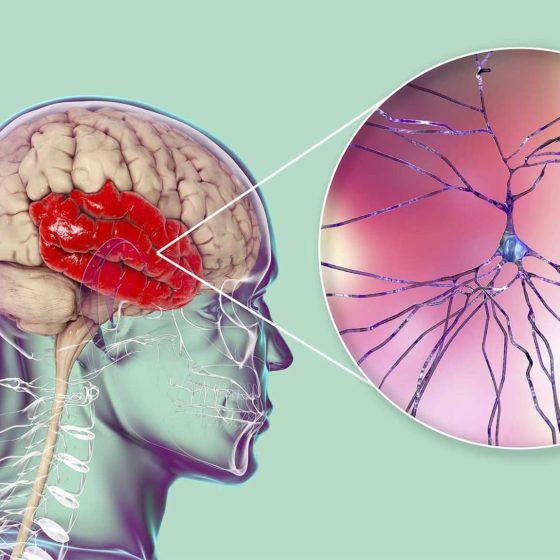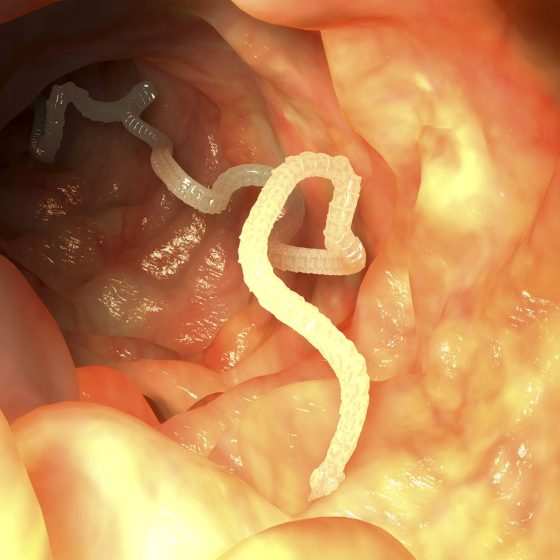Wisdom teeth removal
What are wisdom teeth? Wisdom teeth are the teeth at the back of your mouth (the third molar teeth). They tend to come through (erupt) in the late teens or twenties. Some wisdom teeth do not come through fully (partly erupt) and get stuck (or impacted) against nearby teeth or bone. This often leaves a flap of gum over your tooth. Others grow too long (over erupt). A wisdom tooth may need to be removed for one or more of the following reasons. repeated or serious infection of the gum tooth decay a wisdom tooth can grow out too far and


